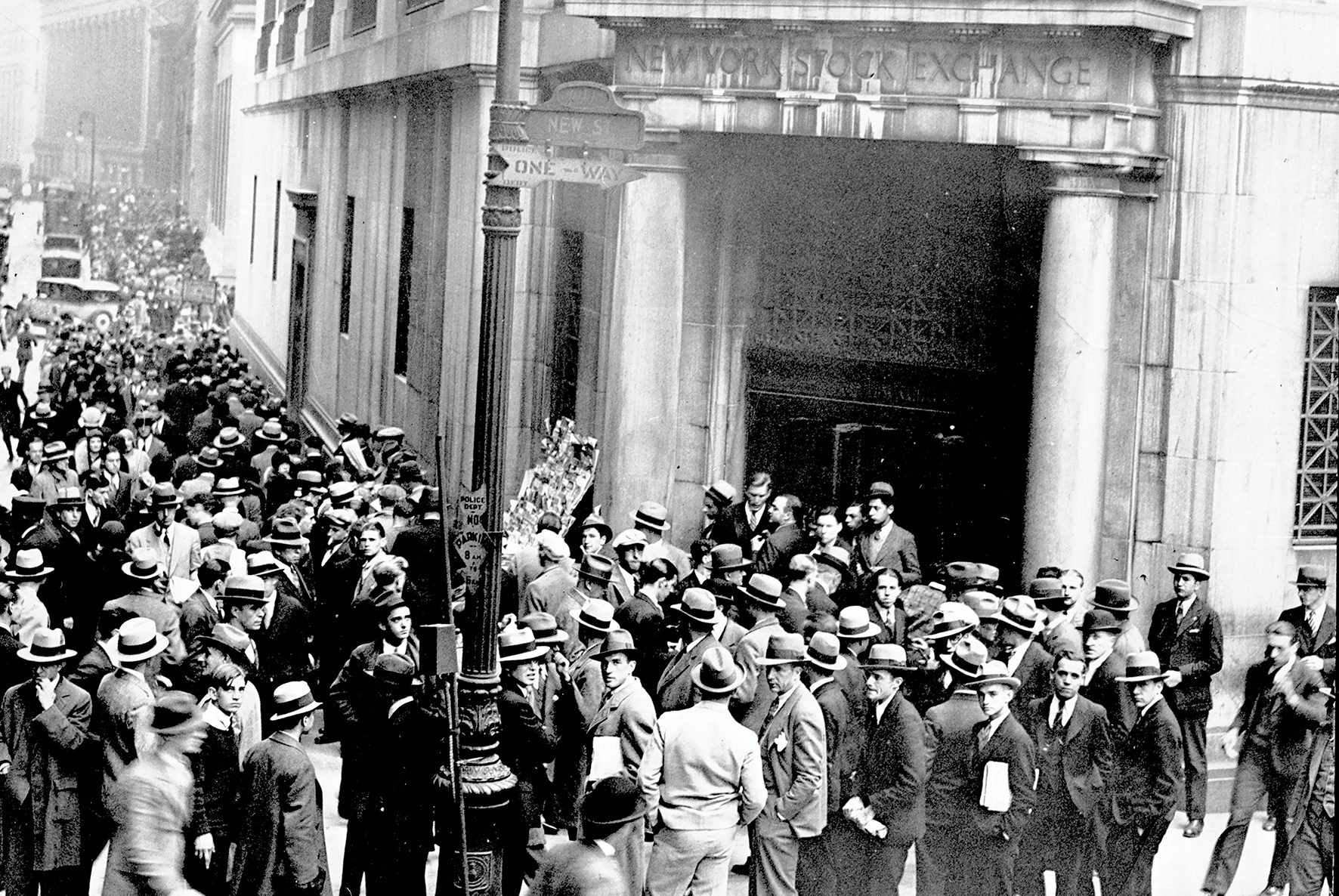Despite its small population of 2.2 million, Qatar boasts the highest per capita wealth in the world. Qatar’s sovereign wealth fund holds more assets in London than even the Queen of England, including the UK’s tallest building, The Shard. Recently, Qatar has diversified its investments to include the United States.
In the 1970s Steve Jobs and Steve Wozniak…
In the 1970s Steve Jobs and Steve Wozniak offered a 1/3 stake in Apple for $50,000 to Nolan Bushnell, their former boss and founder of Atari. He said no, but later spent $500,000 on the rights to the Pizza Time Theater chain. He said “It’s kind of fun to think about, when I’m not crying.”
The post In the 1970s Steve Jobs and Steve Wozniak… appeared first on Crazy Facts.
During the Great Depression, banker Mark…
During the Great Depression, banker Mark Welch Munroe convinced struggling families in Quincy, Florida to buy Coca-Cola shares that traded at 19 dollars. Later, the town became the single richest town per capita in the US with at least 67 millionaires.
The post During the Great Depression, banker Mark… appeared first on Crazy Facts.
Mark Twain made a substantial amount of money…
Mark Twain made a substantial amount of money throughout his career but lost most of it. He lost the equivalent of $9,000,000 on a typesetting machine investment, his publishing company failed after selling only 200 copies of one of his books, & he was forced to sell his house in Connecticut.
The post Mark Twain made a substantial amount of money… appeared first on Crazy Facts.
Junior Bridgeman a former NBA player…
Junior Bridgeman a former NBA player who was not a star in the league, took his earnings from the NBA and invested them into food franchises. He now has a net worth of $600 million only behind Michael Jordan as the richest NBA player in history.
The post Junior Bridgeman a former NBA player… appeared first on Crazy Facts.
In 2005 graffiti artist David Choe…
In 2005 graffiti artist David Choe was offered $60K to paint multiple murals at Facebook headquarters. He chose to take his compensation in stock which was eventually worth more than $200 million.
This 24-Year-Old Will Have $100,000 Saved by Next Year. Here’s How
Managing our money is definitely one of the biggest struggles most of us face as we enter adulthood. It’s a skill that isn’t nearly as widely discussed/taught in school as it should be. Too many adults these days are living paycheck-to-paycheck, where any major, unexpected expense can potentially derail their entire lives.
Tori Dunlap is only 24 years old, but she recently realized she’s on track to have $100,000 in the bank by next year despite never making more than $80,000 in a year. Pretty impressive for a young person, right?
Dunlap said, “One of my biggest priorities in life has always been to save as much money as possible — and I owe much of that to my parents, who made sure I had a strong financial education at a young age.”
Dunlap acknowledges that she has some advantages that others don’t: she’s white, she comes from a middle-class family, and she graduated from college with no debt. But whether you’re as privileged as she is or not, anyone can benefit from her 5 most important money-saving tips.
1. Get on that side hustle
Dunlap said she worked an extra 15 hours per week doing social media marketing outside of her regular 9-5 job to help reach her $100,000 goal. She then invested all her money from her side job and 20% of her earnings from her full-time job.
2. Invest early
Dunlap opened a Roth IRA after she graduated from college and she maxed it out every year. She also saved six months of living expenses in a high-yield savings account for an emergency fund.
3. Don’t fall into the lifestyle inflation trap
Dunlap lives in an expensive city (Seattle), but she tries to save money in a variety of ways. She lives in a less expensive, less trendy neighborhood than many young people in Seattle. She has prioritized saving money over having a trendy lifestyle. She has a one-hour commute to work instead of a five-minute ride on the light rail, and her neighborhood consists of mostly older people – but, again, she is saving more money than her peers by not paying an outrageous amount for rent.
4. The three-bucket budget rule
Dunlap divides her budget into three buckets. The first is living expenses (rent, bills, groceries). The second is for goals (investments, retirement, saving for a house). The third bucket is for everything else. This is the fun bucket for eating out, clothes, and travel.
The percentage of how much you put into each of the three buckets varies depending on the person.
5. Take things one step at a time and learn from your failures
We all make mistakes when it comes to saving (and spending) money. Dunlap said she took a job once simply because the money was good, even though her gut told her otherwise. The work environment ended up being extremely toxic, and she quit less than three months into the job.
Dunlap admits she felt like a failure after this experience and that it took her a while to rebuild her confidence, but in the long run she learned more about herself and what is important to her. She said, “Money is great, but unhappiness isn’t. Life is just too short.”
Do you have any money-saving tips of your own? Share them in the comments.
The post This 24-Year-Old Will Have $100,000 Saved by Next Year. Here’s How appeared first on UberFacts.
During the time of the Great…
During the time of the Great Depression, a banker convinced struggling families in Quincy, Florida to buy Coca-Cola shares which traded at $19. Later, the town became the single richest town per capita in the US with at least 67 millionaires.





 : @oliviafrances143
: @oliviafrances143

